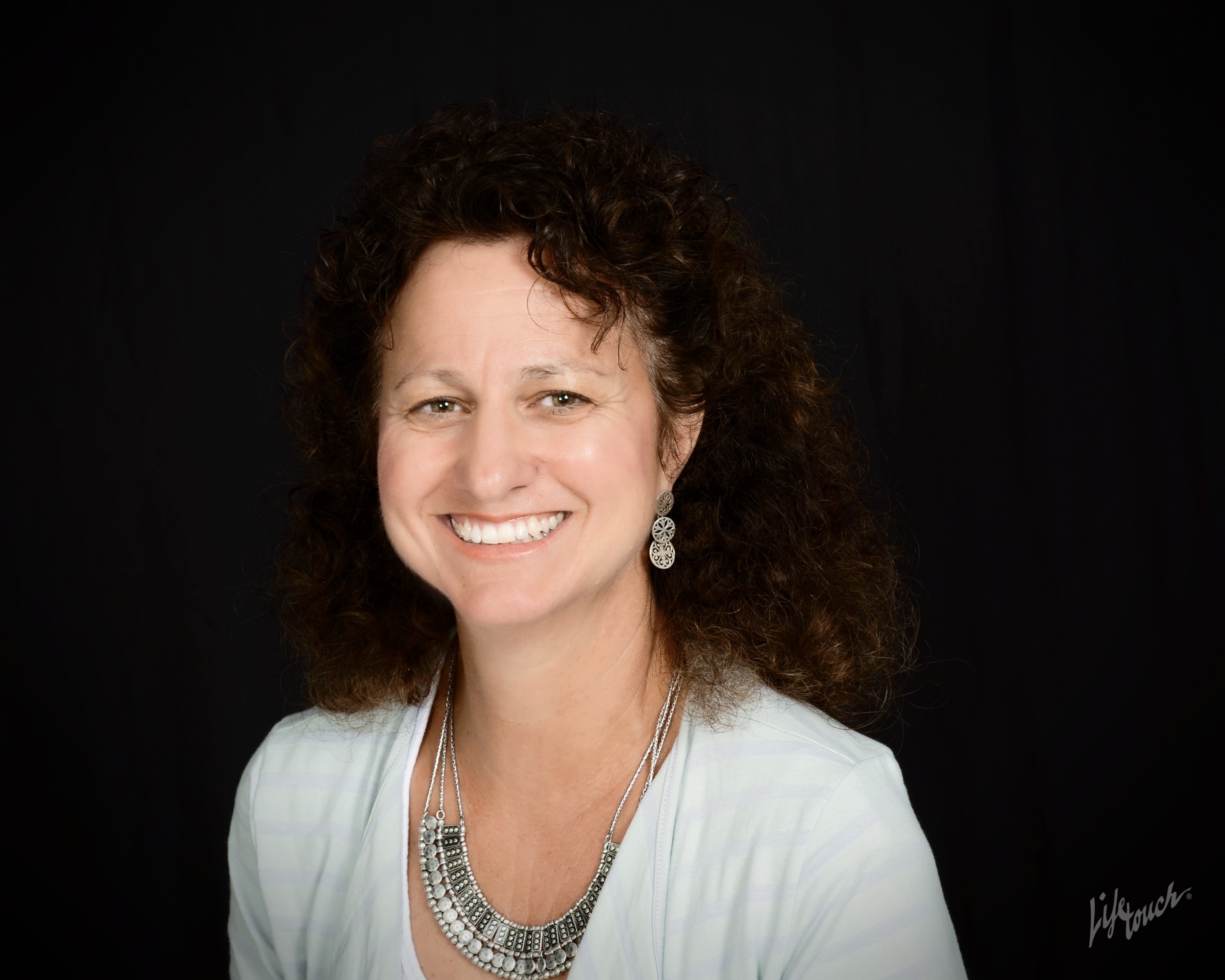
Community Partner Highlight
Mary Dame with Amos Cottage
What is Amos Cottage?
Amos Cottage is a Therapeutic Day Program, part of Wake Forest Baptist Medical Center – Department of Pediatrics serving children ages 3-7. We use an evidence based program and work with children and their families, focusing on early intervention. Amos Cottage also has an integrated kindergarten screening pilot that we have had in place for a number of years.
What is the kindergarten screening program?
Many elementary schools do an academic readiness screening with incoming kindergarten students. While schools are doing their kindergarten academic readiness screenings, we created a simple behavioral health screening to gauge a student’s ability to sit and attend, cooperate, and separate from their parents. This screening is not diagnostically specific, but provides an opportunity to then have a conversation with the parents. Families can talk with a professional from Wake Forest about the behavioral health screening and how to have a conversation with their primary care physician if they continue to have concerns about their student’s behavioral health. We want to start the conversation about mental health with families early on.
This year, one of the schools Amos Cottage will be doing screenings at is Gibson Elementary. We have targeted a few schools in Winston-Salem and are focusing on Title I schools. Research evidence tells us that if a family is struggling with poverty there is a higher chance of stressors for children, so we are trying to hit higher risk schools.
While children are being screened, families have an opportunity to visit partner agencies on site to be connected to other services in the community. Agencies at screenings include Experiments in Self Reliance, the YMCA, Legal Aid, Second Harvest Food Bank, and Child Care Resource Center. Families can receive support with applying for the Supplemental Nutrition Assistance Program, learn about vocational training programs and housing programs, and connect with child care opportunities like local summer camps.
How has COVID-19 impacted your work over the past year?
We were unable to do school screenings due to COVID. Although our treatment program continued to provide services, screenings halted when schools closed. We are now working to resurrect our screening group over the summer and prepare to resume screenings this August.
How has COVID-19 impacted children in our community?
While many students did return to school, there has been a lack of connection to a lot of the school mental health services. There have been fewer people watching and supporting children, so we’re concerned about that. There is a real increase in anxiety with children, and almost over 8.5% of children have anxiety. Anxiety impacts their ability to sustain attention and be successful in the classroom, and we sometimes see it as externalizing behavior including opposition and defiance.
Many children are struggling with uncertainty and being developmentally able to understand what is COVID. It is important that parents educate children with facts about COVID. There’s power in children having factual information and how a parent presents it to them.
Children develop social and emotional competency by exposure and being with their peers. After having these huge gaps of not being in school, some children may lag behind. If a child has skills like being able to self regulate their behavior and be cooperative with peers, then they’re ready to learn. With COVID, children lost a lot of practice with those skills.
Keeping this in mind, we are planning more future parent training and parent engagement in the community to have conversations with families and educate them about the importance of socialization with children and the use of unstructured time, especially the importance of peer engagement and play with children. We’re also going to be continuing to talk with families about anxiety and how anxiety presents in the young child. We have specialized developmental pediatric staff, who will join us on the road to talk to families and give them tools to gauge what is typical behavior and at what point is conversation needed with a professional. After COVID, I think these are really important conversations to have in the community.
Do you have any advice for parents this summer as they prepare their students for return to learning?
Participate in summer programs. Child Care Resource Center is connecting families to camps, a great resource to help get children out and get them socialized. It’s important for parents to look at leisure opportunities, including those through the Recreation Department, YMCA, and other camp activities. Child Care Resource Center can give parents a list of camps that are affordable and help kids start having those experiences again.
How can the community support Amos Cottage?
The community can support Amos Cottage by donating to the United Way. United Way funds help our program to never deny a child services based on their insurance not covering treatment. United Way funding will also support our licensed clinical staff resuming their trainings with teachers. Clinical staff train teachers on strategies and tools for understanding how mental illness presents in the classroom and how to support a child who has ADHD or anxiety.
Right now, volunteer opportunities are still restricted due to COVID, but in the future we would definitely also welcome volunteers. We have volunteers who read to students, provide tutoring, work with music therapy and musical activities, and we invite them to share their talents with our students.
Where can I learn more about Amos Cottage?
More information is available about Amos Cottage here: https://www.wakehealth.edu/Locations/Clinics/t/Therapeutic-Day-Program
